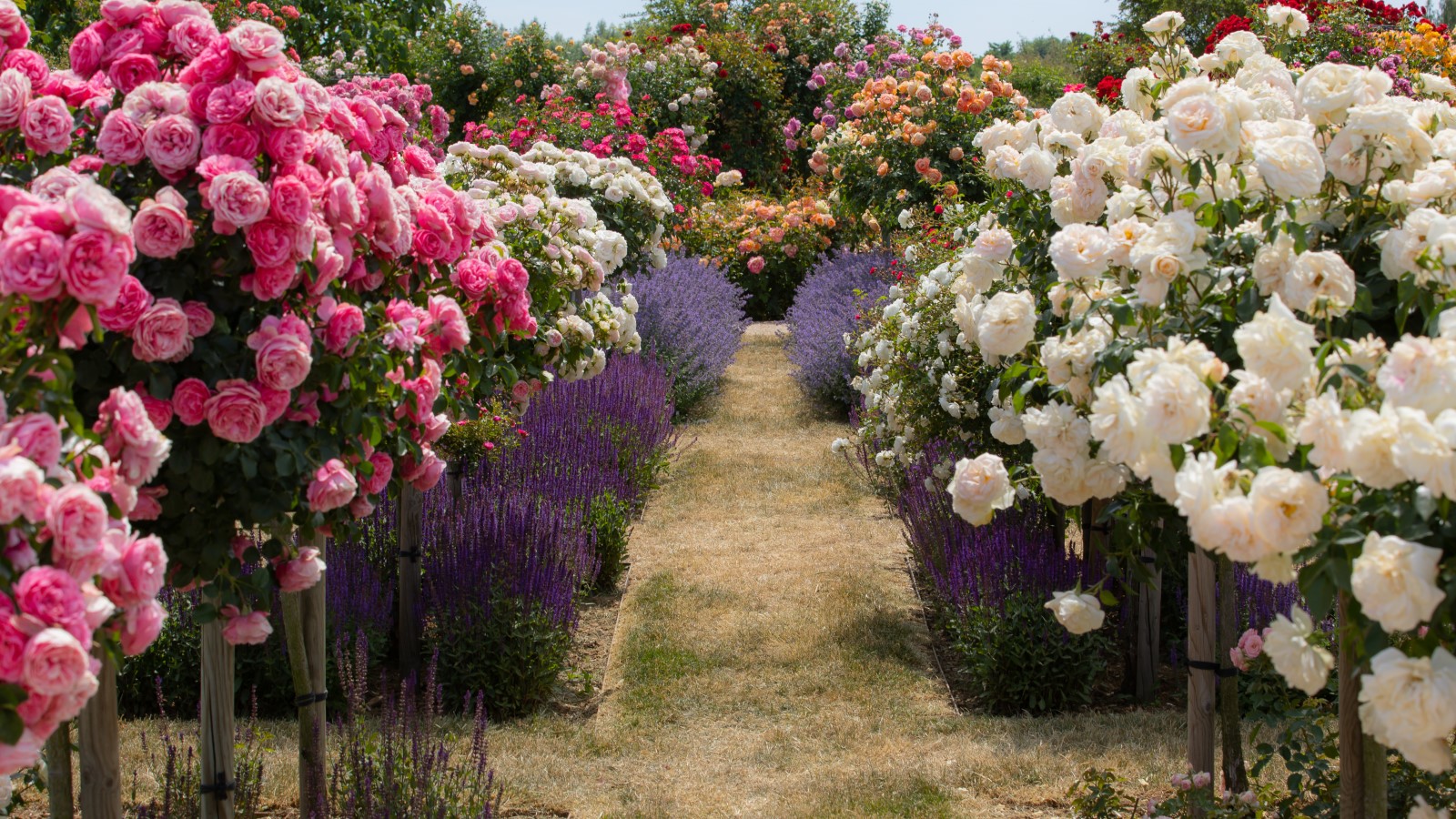Introduction
Planting with roses can transform any garden into a vibrant and fragrant retreat. Roses are among the most beloved flowering plants, prized for their beauty, scent, and variety. However, successful planting with roses requires more than just placing them in the soil; it involves understanding companion plants, soil conditions, and maintenance techniques that enhance rose health and aesthetics.
In this article, we will explore how to plant roses effectively alongside other plants, the best companion plants to choose, and practical tips for maintaining your rose garden. Whether you are a beginner or an experienced gardener, these insights will help you create a thriving rose garden that stands out.
Why Planting with Roses Matters
Roses, while stunning, can be susceptible to pests, diseases, and nutrient competition. By planting wisely with roses, you can:
- Improve soil health and fertility
- Reduce pest infestations naturally
- Enhance the visual appeal of your garden
- Promote better airflow and reduce fungal diseases
Understanding these benefits sets the foundation for smart companion planting strategies.
Choosing the Right Companion Plants for Roses
What Makes a Good Companion Plant?
Companion plants for roses should complement their growth habits and environmental needs. Ideal companions:
- Thrive in similar soil and light conditions (full sun, well-draining soil)
- Repel common rose pests such as aphids and Japanese beetles
- Attract beneficial insects like ladybugs and pollinators
- Add texture and color contrast to rose blooms
Top Companion Plants for Roses
- Lavender: Repels aphids and attracts pollinators. Its gray-green foliage complements rose petals beautifully.
- Catmint (Nepeta): Deters pests and thrives in the same sunny, well-drained conditions.
- Marigolds: Known for pest-repellent properties, marigolds protect roses from nematodes.
- Alliums: Their strong scent helps ward off aphids and other pests.
- Geraniums: Provide ground cover that suppresses weeds and repel Japanese beetles.
Plants to Avoid Near Roses
- Fennel: Can inhibit rose growth due to allelopathic chemicals.
- Black Walnut Trees: Their roots release juglone, which is toxic to roses.
Preparing the Soil for Planting Roses
Healthy soil is critical for rose success. Follow these expert steps:
- Test Soil pH: Roses prefer a slightly acidic to neutral pH (6.0-7.0).
- Improve Drainage: Ensure soil drains well to prevent root rot. Incorporate organic matter like compost.
- Fertilize Appropriately: Use balanced fertilizers rich in nitrogen, phosphorus, and potassium.
- Mulch: Apply organic mulch around roses and companions to retain moisture and regulate temperature.
Planting Techniques for Success
Proper Spacing and Depth
- Space roses at least 2-3 feet apart to allow air circulation and accommodate companion plants.
- Plant roses deep enough to cover the graft union (usually 1-2 inches below soil surface).
Watering Practices
- Water deeply and infrequently to encourage strong root development.
- Avoid overhead watering to reduce fungal disease risks.
Pruning and Maintenance
- Prune roses annually to remove dead or diseased wood and shape the plant.
- Deadhead spent blooms to encourage continuous flowering.
- Monitor companion plants for their specific care needs to maintain garden harmony.
Real-World Example: A Successful Rose Garden Combination
A renowned horticulturist from the Royal Horticultural Society recommends planting English roses with lavender and catmint. This trio not only creates a stunning visual but also reduces the need for chemical pest controls. In trials, gardens using companion planting reported a 30% decrease in aphid infestations and improved rose bloom longevity.
Conclusion
Planting with roses offers a rewarding way to enhance your garden’s beauty and health. By selecting the right companion plants, preparing soil carefully, and following proper planting and maintenance techniques, you can enjoy a flourishing rose garden year after year. Start experimenting today with companion plants like lavender and marigolds, and watch your roses thrive with natural support.
Remember, the key to planting with roses lies in creating a balanced ecosystem that supports growth and deters pests naturally. Embrace these expert strategies and transform your garden into a fragrant, colorful haven.
